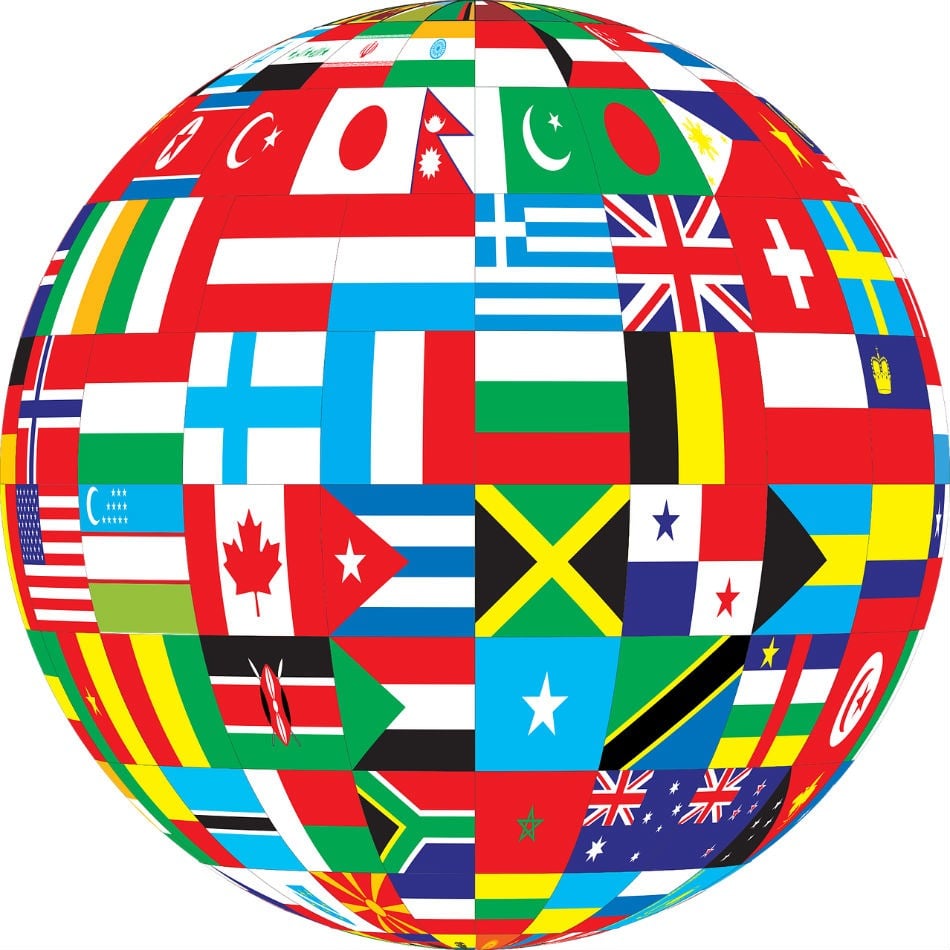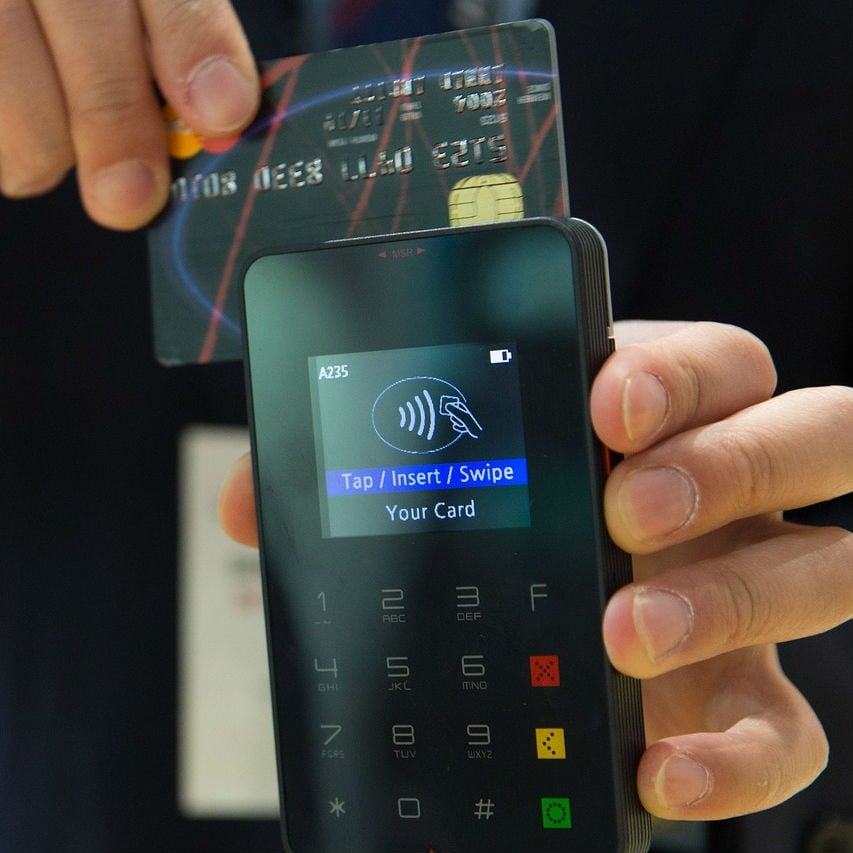Since the financial crisis in 2008, Germany has been the leading economy in the European Union. Due to turmoil in the global economy and some negative internal forces, the historically strong and stable German economy is expected to experience low growth in 2019.
globalEDGE Blog - Page 68
Publish Date:
Big business is on the rise in the US and in other developed economies. It has become ever more common that local mom and pop shops are run out of business by corporate goliaths that are able to flex their expansive resources and economies of scale to undercut their smaller competitors’ prices. In Latin America, this is not the case. In these emerging economies, you can still find many local family-run businesses lining the street corners, relatively unperturbed by major corporate competitors.
Publish Date:
Socks have long been an important clothing item to society, dating back to around the eighth century. Today, socks are mass produced around the world and are an essential item in many peoples’ wardrobe. From athletic, to dress, to casual, there are now a variety of types of socks that are catered to each individual’s occasion and a plethora of patterns and colors exist within these categories. Whether functioning as an outfit essential, stylish accent piece, or just to keep feet warm or cool, socks have displayed abundant uses across countries.
Publish Date:
Tourism is vital for the success of many economies around the world. There are several benefits of tourism on host destinations. Tourism boosts the revenue of the economy, creates thousands of jobs, develops the infrastructures of a country, and plants a sense of cultural exchange between foreigners and citizens.
Publish Date:
There are about 7,000 different languages spoken around the world. These languages are more than just a form of communication but instead represent different cultures, traditions, and identities. They are an inseparable aspect of people's lives. Especially in today's society, bilingualism or even multilingualism is very common due to close proximity to other countries with different languages and an increased desire to acquire such skills. Below are some advantages of being multilingual:
Publish Date:
Just 10 years ago, no one knew what Netflix was. In fact, in 2008, then Blockbuster CEO, Jim Keyes said, Netflix isn’t “even on the radar screen in terms of competition.”
Today, Netflix is the preeminent leader in the streaming service business with more than 125 million subscribers worldwide, and Blockbuster declared bankruptcy only two years after that interview.
Publish Date:
In a recently published report by the Economist Intelligence Unit, Singapore was named the most expensive city in the world for the 6th consecutive year. It was joined by Paris and Hong Kong for a three-way tie for the number one spot.
Publish Date:
Earlier this week, Fidelity National Information Services Inc. (FIS) announced their agreement to acquire fellow global payments company Worldpay in a deal valued at $35 billion in cash and stock. The combined company will become a one-stop shop to process online and in-store payments and manage multiple currency transactions. Management is hoping the combined larger company will be able to reach more customers in an increasingly online industry, while also recognizing around $400 million in cost synergies.
Publish Date:
As spring break passes for students and people around the world begin to get a taste of warmer spring weather, the global ski industry will work to close out the winter season with strong earnings and participation. Millions of people elect to swarm to the snowy peaks of ski resorts each year, taking on the slopes in hopes of finding leisure, winning a competition, or satisfying their adventurous spirit. With the recent passing of the 2018 Winter Olympics in PyeongChang, China, the industry is hoping to capitalize on recent attraction to winter athletics in previously lacking regions like Russia and previously mentioned China.
Publish Date:
Tourism is a crucial factor for a lot of economies and a main source of revenue for most countries around the world. Remarkable growth has been recorded in the tourism industry since 2017. According to a report released by the UN World Tourism Organization (UNWTO), international tourist arrivals worldwide increased by 7 percent in 2017. This result was the highest since a consistent percentage of around 4 percent was being recorded since 2010. In the first nine months of 2018, international tourist arrivals grew 5 percent year-on-year.












